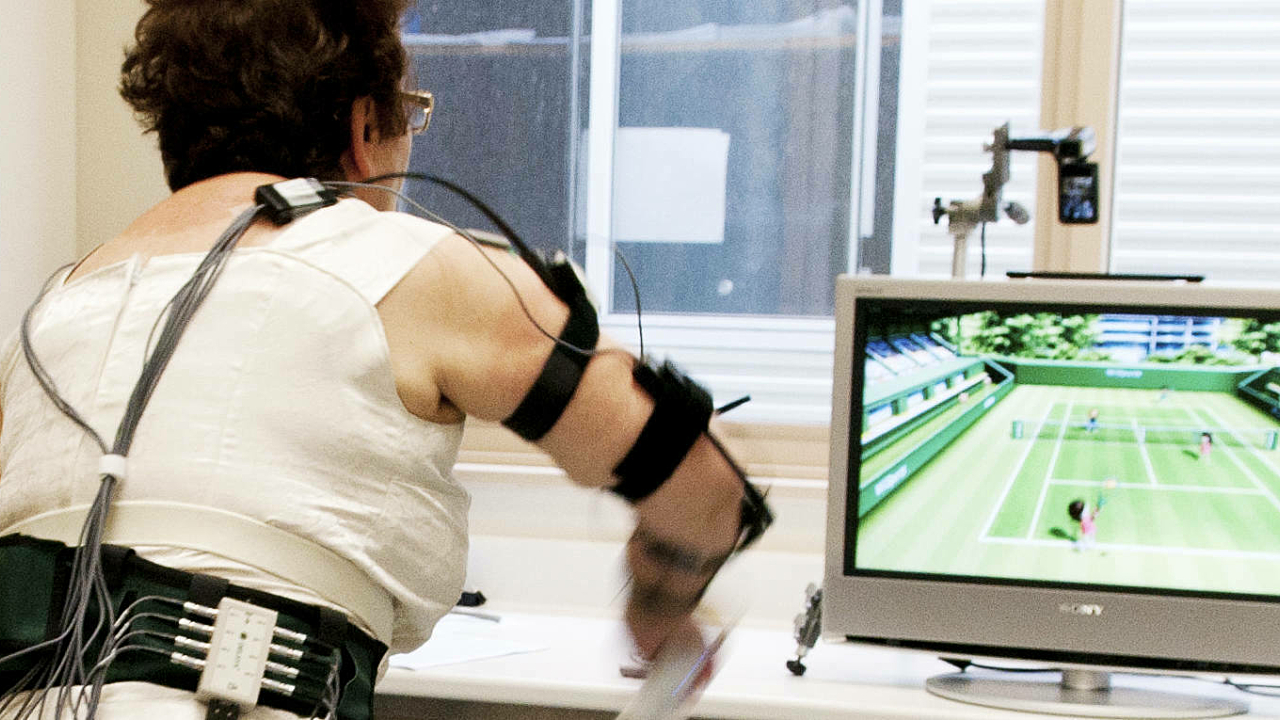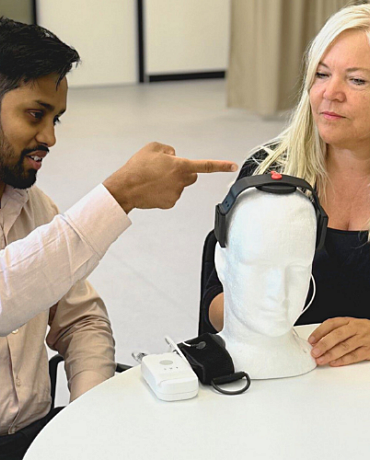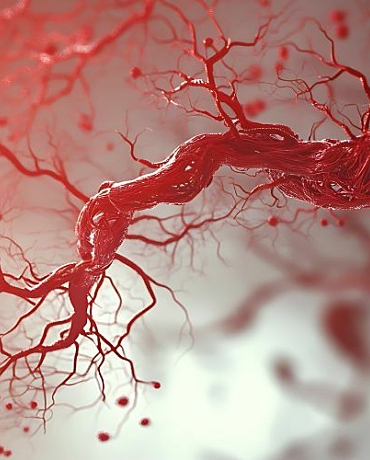A new stroke rehabilitation therapy utilising the Nintendo Wii and that can be delivered online is set to be trialled in Armidale, and the researchers need your help.
Dr Penelope McNulty, a neurophysiologist at NeuRA, has developed a new rehabilitation program called Wii-Based Movement Therapy – an intensive, 14-day rehabilitation program based on the Wii that results in significant improvements in the way stroke patients are able to use their hands and arms.
“We know that the more therapy stroke patients have, the better their recovery,” says Dr McNulty.
“We are developing new ways of delivering therapy to patients in the comfort of their own homes, rather than asking people to travel to therapy, and Armidale is our first test site,” she says.
There are over 60,000 strokes in Australia each year and there is a crucial need to improve rehabilitation methods because rehabilitation is the only method known to restore movement in stroke-affected arms and legs.
“The Wii is inexpensive, easy to use and fun. This type of rehabilitation motivates patients to complete their therapy, which is essential to maximise recovery,” Dr McNulty says.
Dr McNulty is asking for volunteers in Armidale to participate in her research program. Volunteers will receive daily therapy and a Wii to practice on at home during their involvement in the research program. To participate stroke survivors must have some disability in one upper limb.
If you are interested in participating in the research please contact Dr Penelope McNulty on 02 9399 1074 or email hidden; JavaScript is required.
What does the trial involve?- The 14 day program consists of one hour formal therapy sessions for 10 consecutive weekdays using the Wii Sports: tennis, golf, boxing, bowling and baseball.
- Patients use the Wii remote in their more affected hand to control play and augment their formal therapy with daily home practice that progressively builds towards three hours per day over the program.
- The trial will be conducted at the Broadband Smart House in Armidale daily for 10 consecutive weekdays starting from January 2013.
- On a daily basis we review progress and address patient-centred goals and problem solving.




